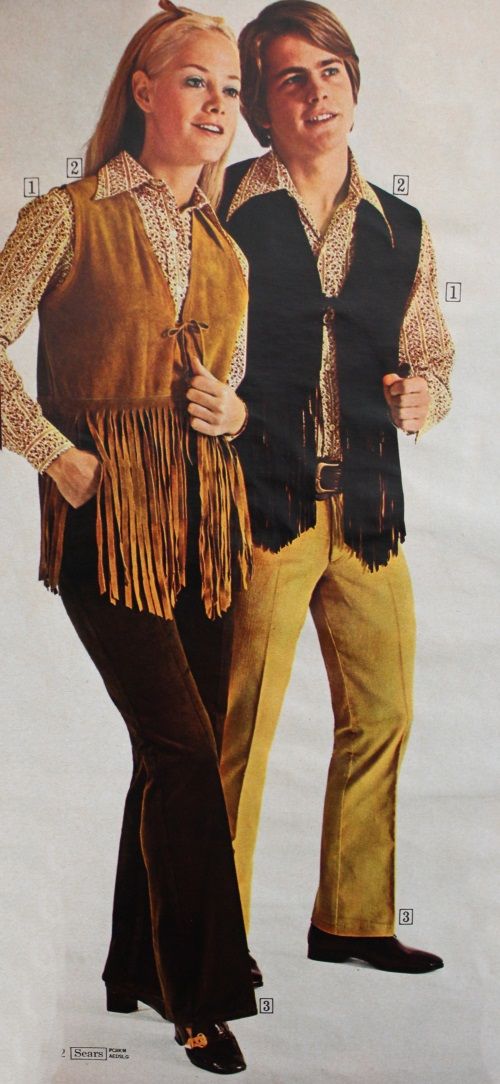“The 1960s: A Decade of Social Change”
Technology Advances
The 1960s saw a rapid advancement in technology, with the space race between the United States and the Soviet Union taking center stage. The launch of the first man into space by the Soviets in 1961 and the subsequent moon landing by the United States in 1969 were monumental achievements that captured the world’s attention. This era also saw the birth of the Internet, as the concept of a global communication network was first introduced in the 1960s.
Musical Revolution
The 1960s also marked a musical revolution, with the rise of iconic bands such as The Beatles, The Rolling Stones, and The Beach Boys. These bands not only shaped the sound of the decade but also influenced the social and political climate. The music of the ’60s became a powerful tool for expressing dissent and promoting social change.
Conspiracy Theories
The 1960s was a decade rife with conspiracy theories, from the assassination of President John F. Kennedy to the moon landing. The widespread distrust of the government and the media fueled the growth of these theories, and they continue to be a topic of interest and debate to this day.
Civil Rights Movements
The 1960s witnessed a surge in Civil Rights movements, with leaders such as Martin Luther King Jr. and Malcolm X leading the fight for racial equality. The Civil Rights Act of 1964 and the Voting Rights Act of 1965 were significant victories in the struggle for equal rights, although the fight for racial justice continues to this day.
While the ’60s were a period of great social change, it wasn’t until the mid-1960s that the decade truly became “The Sixties.” The counterculture movement, often associated with hippies, emerged as a rejection of the values and norms of mainstream society. This movement sought to promote peace, love, and acceptance, and it had a significant impact on fashion, music, and social attitudes.
The Hippie Movement
The hippie movement of the 1960s was characterized by a rejection of materialism and a focus on individual freedom and self-expression. Hippies often embraced alternative lifestyles, such as communal living and experimenting with psychedelic drugs. Their influence was felt not only in popular culture but also in the political landscape, as they were vocal opponents of the Vietnam War and advocates for environmental conservation.
Mainstream Acceptance
As the hippie movement gained momentum, it also began to have a significant influence on mainstream culture. The fashion of the ’60s, with its bold colors, flowing fabrics, and emphasis on comfort, reflected the influence of the hippie movement. The music of the era also echoed the sentiments of the counterculture, with artists such as Bob Dylan and Jimi Hendrix using their music to express dissent and promote change.
Lingering Impact
The legacy of the 1960s, and the hippie movement in particular, continues to resonate in contemporary society. The ideals of peace, love, and acceptance remain relevant, and the influence of the counterculture can still be seen in fashion, music, and social activism. While the tumultuous events of the ’60s may seem distant, their impact continues to shape our world today.
In conclusion, the 1960s were a decade of immense change and upheaval, with the rise of the hippie movement serving as a symbolic representation of the era. The influence of the counterculture can still be felt today, and its legacy serves as a reminder of the power of individuals to effect change.
You can review our digital products by following us on Etsy.





